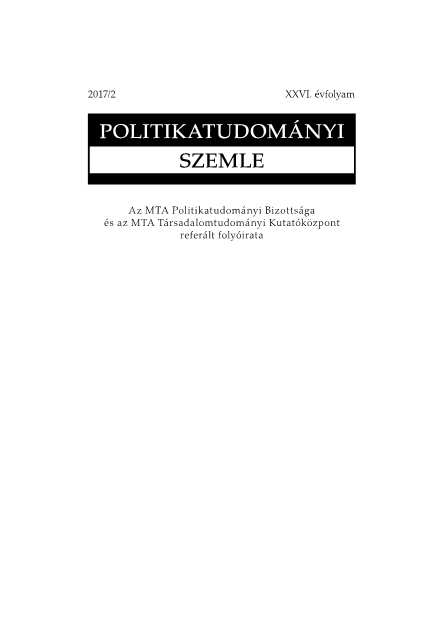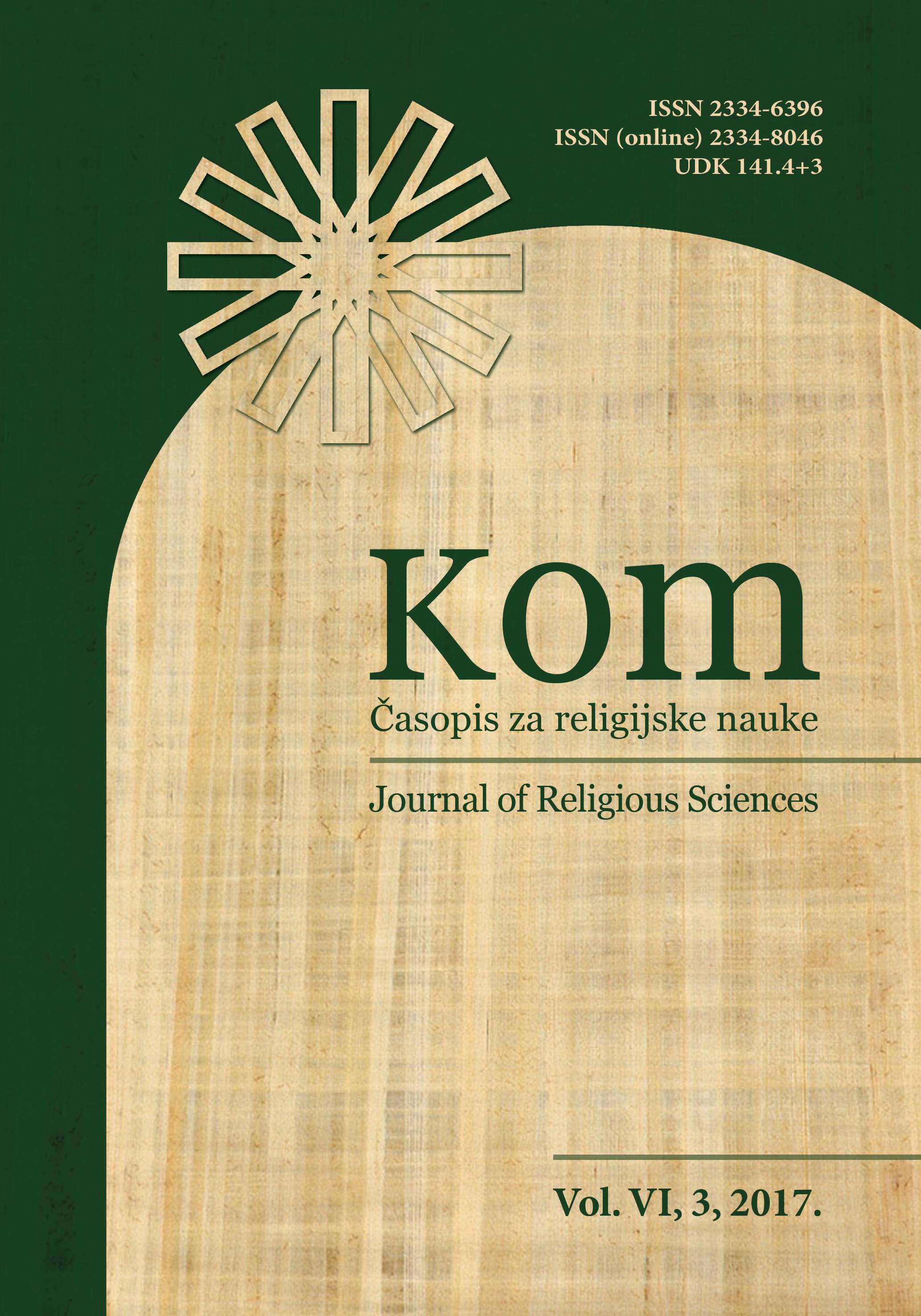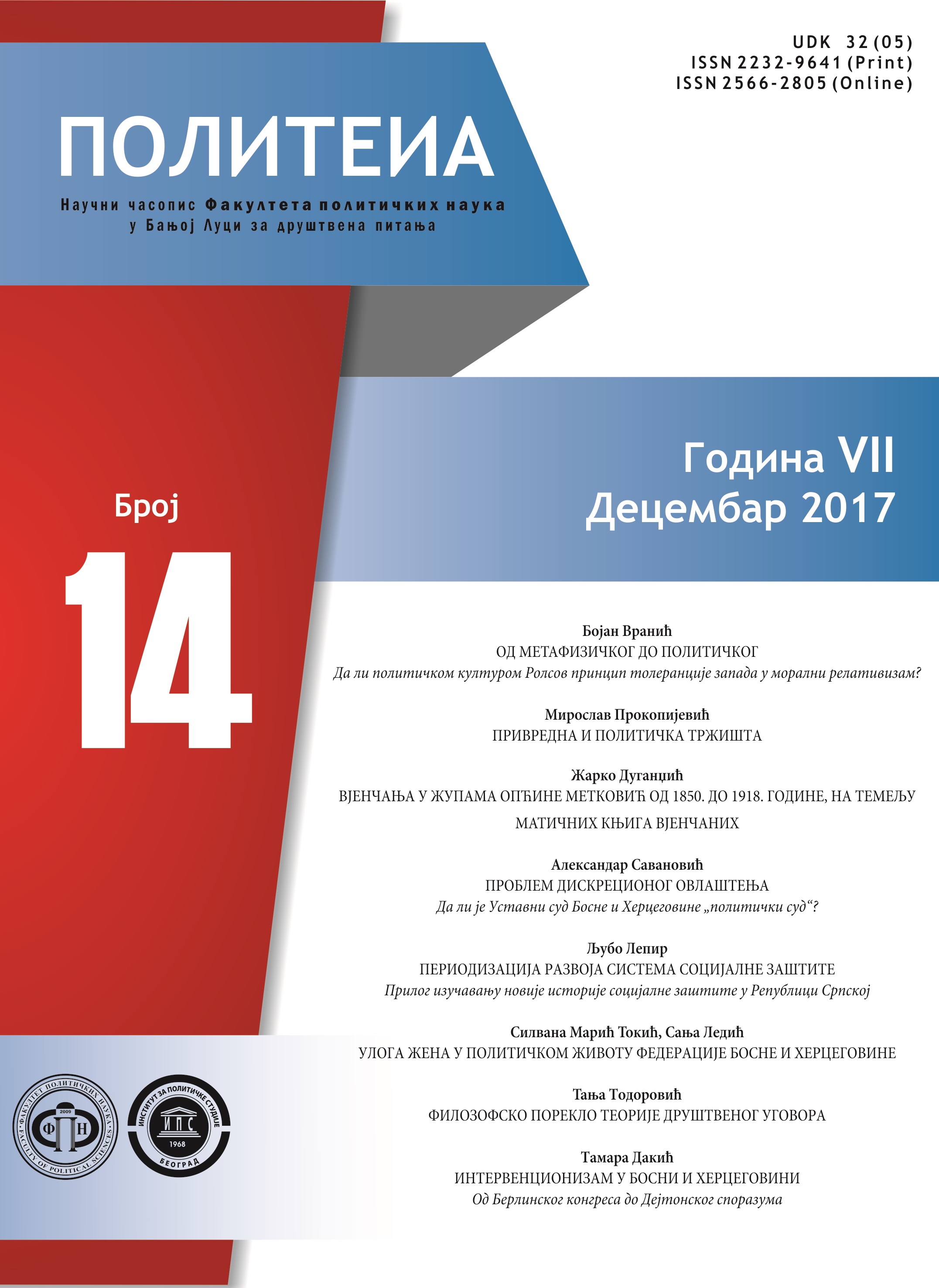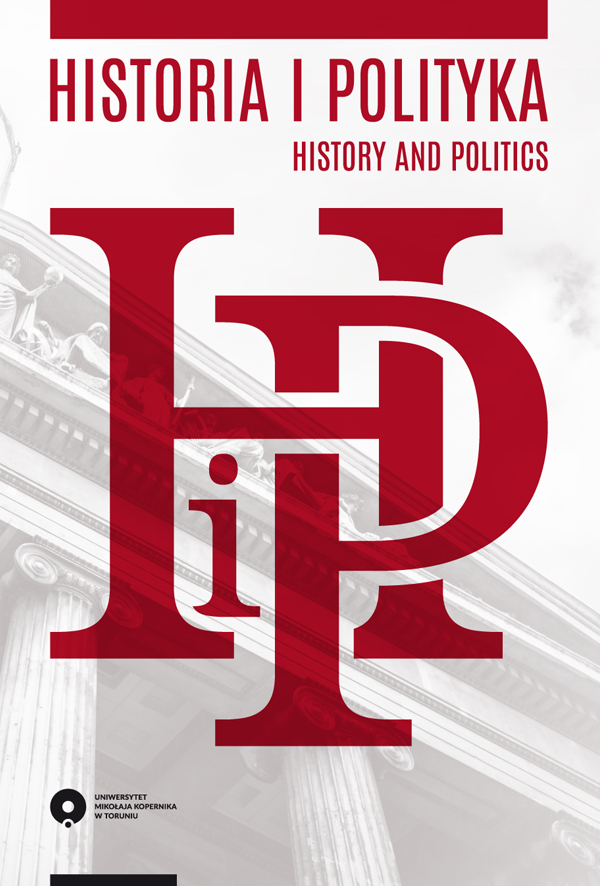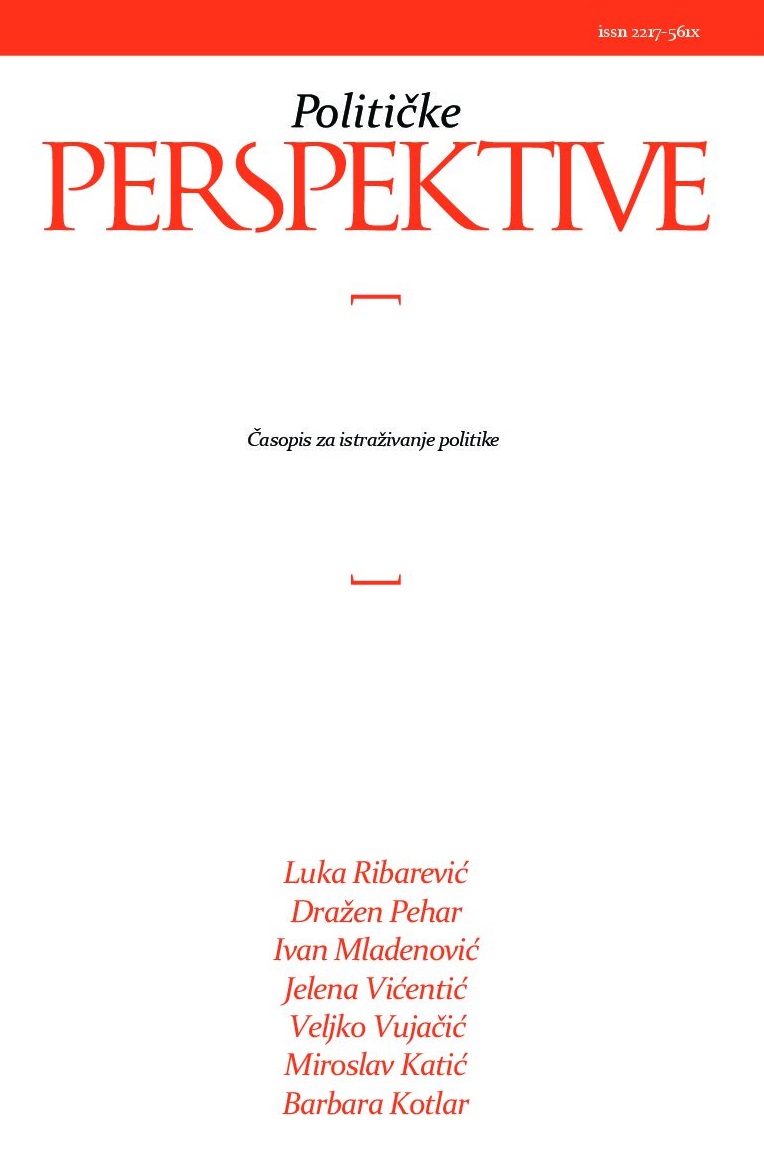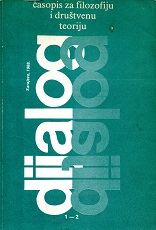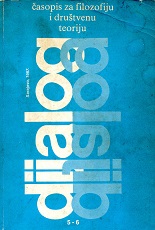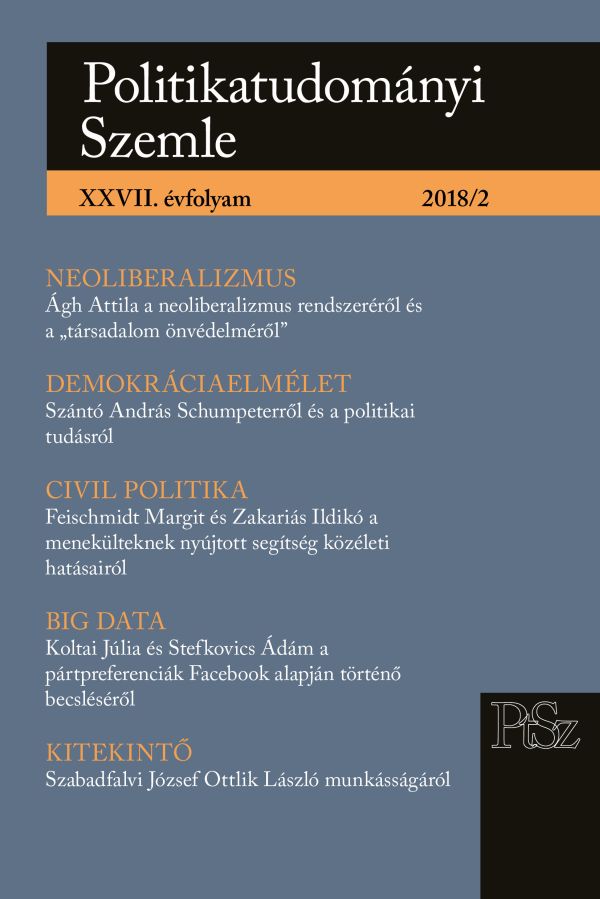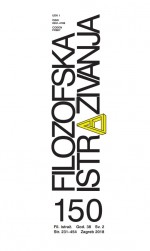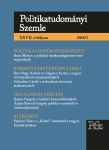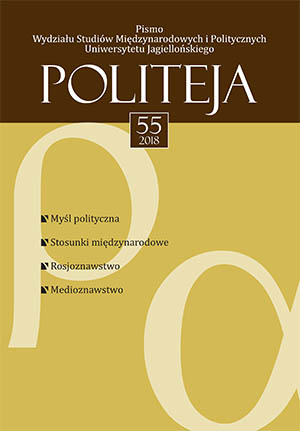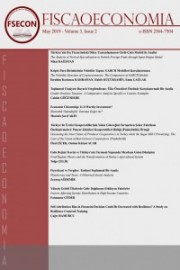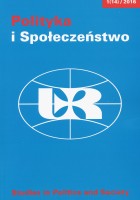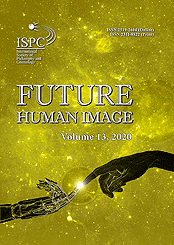KOLEKTIVNA SIGURNOST I NJEZINI MEHANIZMI U PAKTU LIGE NARODA
Although the idea of collective security has long existed in the history of international relations, the League of Nations was the first modern international organisation based on the idea of collective security at the global level. In this context, the author aims at giving a systematic review of collective security and its mechanisms comprised in the Covenant of the League of Nations. To this end, after introductory considerations and a short review of the conceptual definition, postulates, roots, and critiques of collective security, the paper discusses its mechanisms in the Covenant of the League of Nations in order to examine, firstly, which provisions encompassed these mechanisms and what they were composed of and secondly, why these mechanisms failed to achieve their purpose. For this reason, the conclusions in this paper rely on a normative analysis of the Covenant of the League of Nations, as well as on the specific examples from the history of international relations during the period considered.
More...
